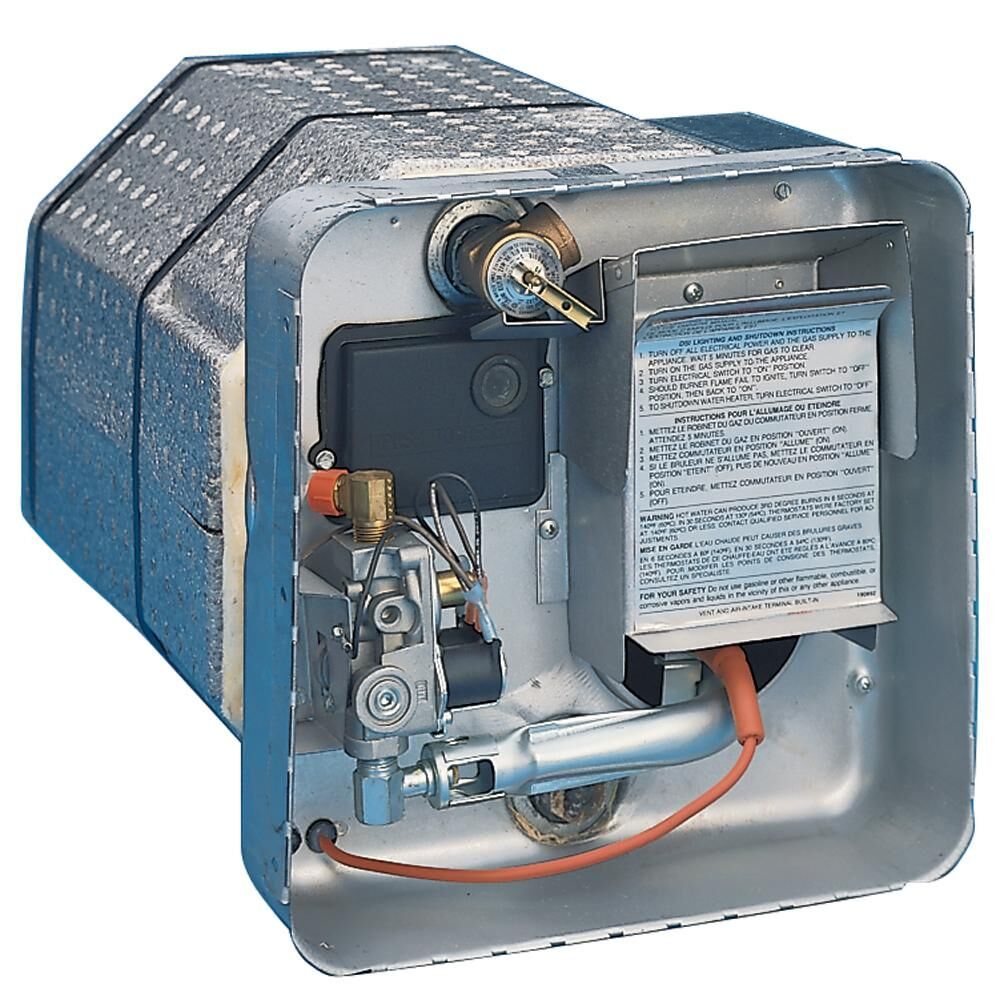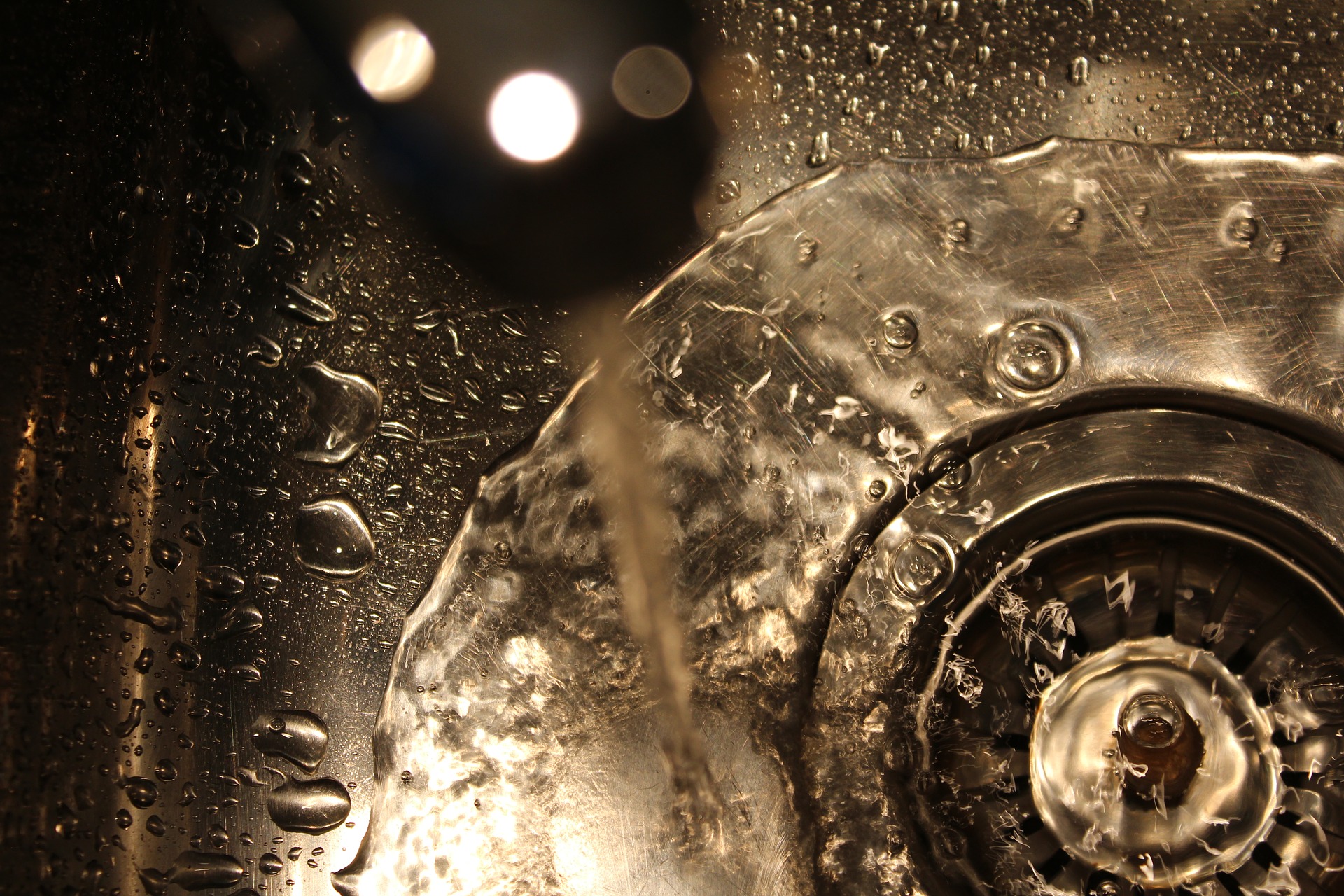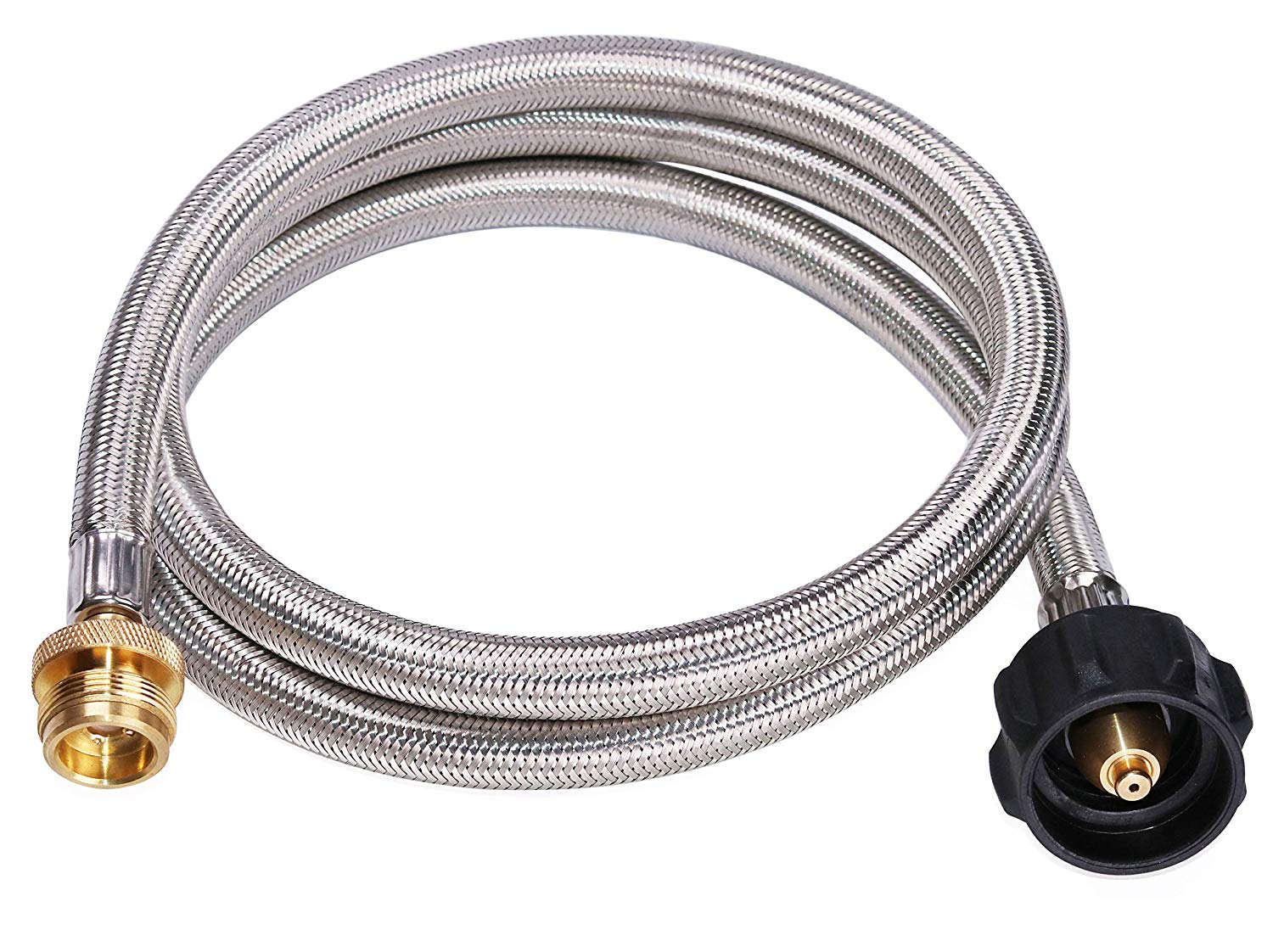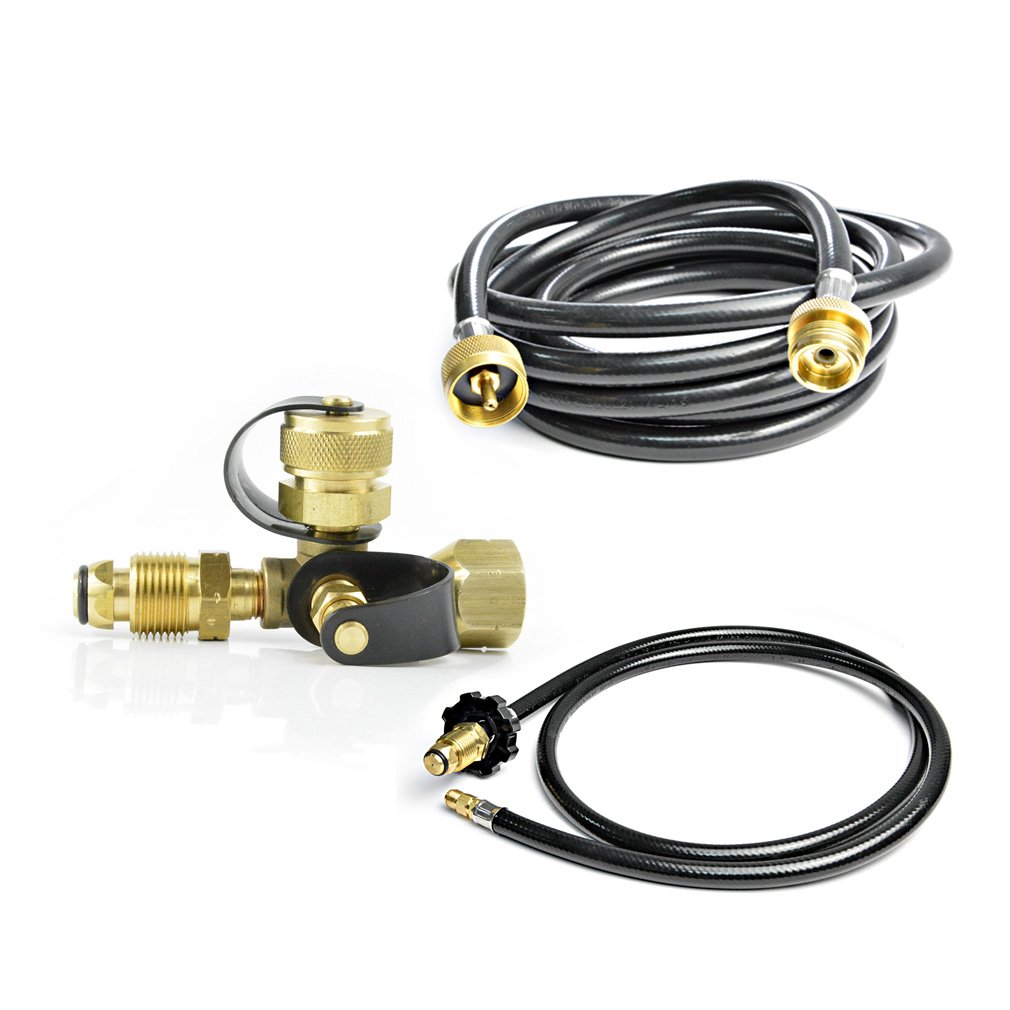Hi, Mark My Words Readers! This month, weve got questions on plumbing and propane appliances. Remember to send your RVing questions to mmw@escapees.com.
Hi Mark,
I went to use my gas hot water heater in my RV and it would not work. I tried using a metal hanger in the small and large gas tube, but neither worked. I get the clicking noise, but no luck. I changed the tanks to a full one to see if that would work, no luck. What else can I do? I dont smell any propane at all.
Gus
Hi Gus,
There are several things to check. The first thing is to verify that you are getting propane to the appliances. Test a stove burner or the fridge to verify that gas is flowing from the tank. If propane is reaching the other appliances, then either the water heater is not flowing propane to the burner, or the gas is indeed flowing, but the heater is not successfully lighting it. Because you hear clicking when it tries to light, that would usually mean that the igniter circuit is making a spark. Since you smell no propane, it is probably a gas-flow problem. The gas valve in your water heater operates on 12-volt DC, and is opened and closed by the circuit board in the water heater. The valve might be defective, or simply stuck closed, or the orifice may be plugged. It may also be a problem with the control board. If you have a meter, test for 12 volts on the wires to the gas valve during the lighting cycle.

Photo: Camping World
If 12 volts is appearing on those wires, but the valve is not opening, the problem is in the gas valve itself. Cleaning the burner tube and the orifice may get it going. Tapping on the body of a stuck valve may free it. If none of that helps, you will probably need to replace that valve. If there is no 12-volt power going to the valve, it may be a problem with the circuit board or the wiring. Visually inspect all the wires and connectors. To test the circuit board, most RV shops simply swap in a new board to see if it helps, but you probably dont have a spare on hand. Once you reach this point, it may be time to have a repair shop look at it if you cant find an obvious problem. Ordering a new board is also an option, but no guarantees that it will fix the problem. I hope that helps!
Hi Mark,
Just read the plumbing section on your marxrv.com website great work, thank you. Im a single mom that just took up tiny living in a 28 bumper pull. Its from the mid-00s. Yesterday, the tub was clogged for two days, but it seems opening the correct valve did the trick. Today, the double kitchen sink is stopped up. Here are some of the factors influencing the problem:
- I eat bacon. And butter. I read your snippet about grease and am EXTREMELY concerned. I may have also let too many crumbs or coffee grounds slip by (I am used to living in a house!)
- I put vinegar and baking soda down in there but it didnt cut it.
- I noticed that the water I took from the kitchen and poured into the bathroom made the kitchen sink gurgle. Im pretty sure thats a helpful clue but not sure what it means.
- The plastic hair grabber device isnt reaching anything via the sink.
Can you offer some input?
Amanda

Photo: Becca H.
Hi Amanda,
Some RVs have two gray tanks, one for the kitchen and one for the bathroom. You can check that by looking underneath the trailer and seeing if there are another dump valve and hose connector, possibly somewhere towards the front of the rig. If not, then the pipe from the kitchen sink to the gray tank may be plugged. I would disconnect the drain plumbing under the sink and remove it. Its fairly easy, as all the connections are designed to be turned by hand. Make sure that the pipes and p-trap are not clogged up. You should then have access to the drainpipe that leads from the sink drain assembly to the tank. Ive had some success using a clog removing device that attaches to a garden hose. Its basically a bladder that expands to form a seal in the pipe and then the water from the garden hose can be forced down the pipe to push the clog out. You can get those little drain clog devices at most hardware stores. This is what Im talking about.
First, make sure the gray tank or tanks are empty. Then hook up the bladder to a garden hose and Insert the bladder into the pipe. Have someone turn the water on while you hold it in place. The water pressure should clear the pipe. Have some towels handy, sometimes water goes everywhere.
Dear Mark,
I would like to connect my small gas grill or a single-burner stove to my RV propane tank to eliminate the number of portable tanks I need to purchase and store. Most of the time, I am using them close to the RV, so a 4- to 8-inch hose should do it. I see some come with a regulator, some not and some say low pressure and others high pressure/not for low pressure. I am a bit confused. I would appreciate your counsel.
Phil

Photo: Dozy
Hi Phil,
If your grill uses the small disposable propane cylinders, then its designed to operate on high-pressure propane. Your RV propane system is low pressure, regulated to 11 inches of water column (thats less than 1 psi), so you cant just tap into it and run your grill off it. There are some options, however.
If you have a trailer, you can buy an extension hose that has the correct fitting for your grill. This hose will connect directly to one of your large propane tanks, or even a 20# BBQ grill tank, and eliminate your need to carry the small cylinders. Try this model of hose (also pictured above), which is available in various lengths, up to 20 feet. The downfall with this hose setup is that youll need to swap hoses on your trailers propane tank each time you want to use it.
Another option is an extend-a-stay kit. These are great for motorhomes. A brass tee installs between your propane tank supply valve and regulator and has a quick-connect port on it that allows you to attach an extension hose to run your grill. You can also attach a small portable tank to that same tee, and this allows you to operate your RV propane appliances from the small portable tank, rather from the frame-mounted tank. This is handy if youre parked for a while, as you can remove the small tank and refill it (or exchange it) as needed instead of driving the RV to a propane dealer to get the main tank refilled. The kit includes both hoses, and there are versions for trailers as well.

Photo: Stanboil
For motorhomes try this adapter (also pictured above), and for trailers, use this one. The main difference is the type of connector used. Trailers usually need a tee with a Female ACME Thread to Male ACME or POL, and motorhomes need a Female POL to Male POL.
Finally, if you switch to a grill that runs on low-pressure propane, you can simply tee off your existing propane system in the RV and install a quick connect propane fitting, and just plug an extension hose in and run your grill that way.
Mark,
Is there a difference between RV antifreeze and plumbers antifreeze? We have had problems with lines, and our filter freezing and even the antifreeze freezing in the toilet of our RV.
Rhena
Hi Rhena,
RV antifreeze is formulated to be non-toxic and safe for use in potable water systems. Plumbers antifreeze is essentially the same stuff as RV antifreeze, and can be used in your RV, but I am unable to find any that offers any better protection. Automotive antifreeze is very toxic, and should never be used in plumbing systems. Most RV antifreeze must be used undiluted, so it is necessary to get as much water as possible out of your plumbing system before you pump in the antifreeze. RV antifreeze is designed to protect down to 50 below zero, so it is very unusual to have a freeze problem with it unless it has been diluted with water. If you live somewhere that routinely gets colder than that, Im not sure what else to suggest, except maybe its time to move your RV to indoor storage or move yourself somewhere warmer?
Mark
Regarding your recent tip on super glue with baking soda: I first read of this as an emergency repair for a lost fret on a guitar, but Im skeptical on skylight repair, as super glue cannot be used for rearview-mirror adhesion to glass. Direct sunlight makes it come loose in a short time (reaction from the sun), and auto mirror glue is different.
Terence
Hi Terence,
Thanks for letting me know Ill pass that info along.
The post Mark My Words RV Troubleshooting Tips and Tricks appeared first on Good Sam Camping Blog.
